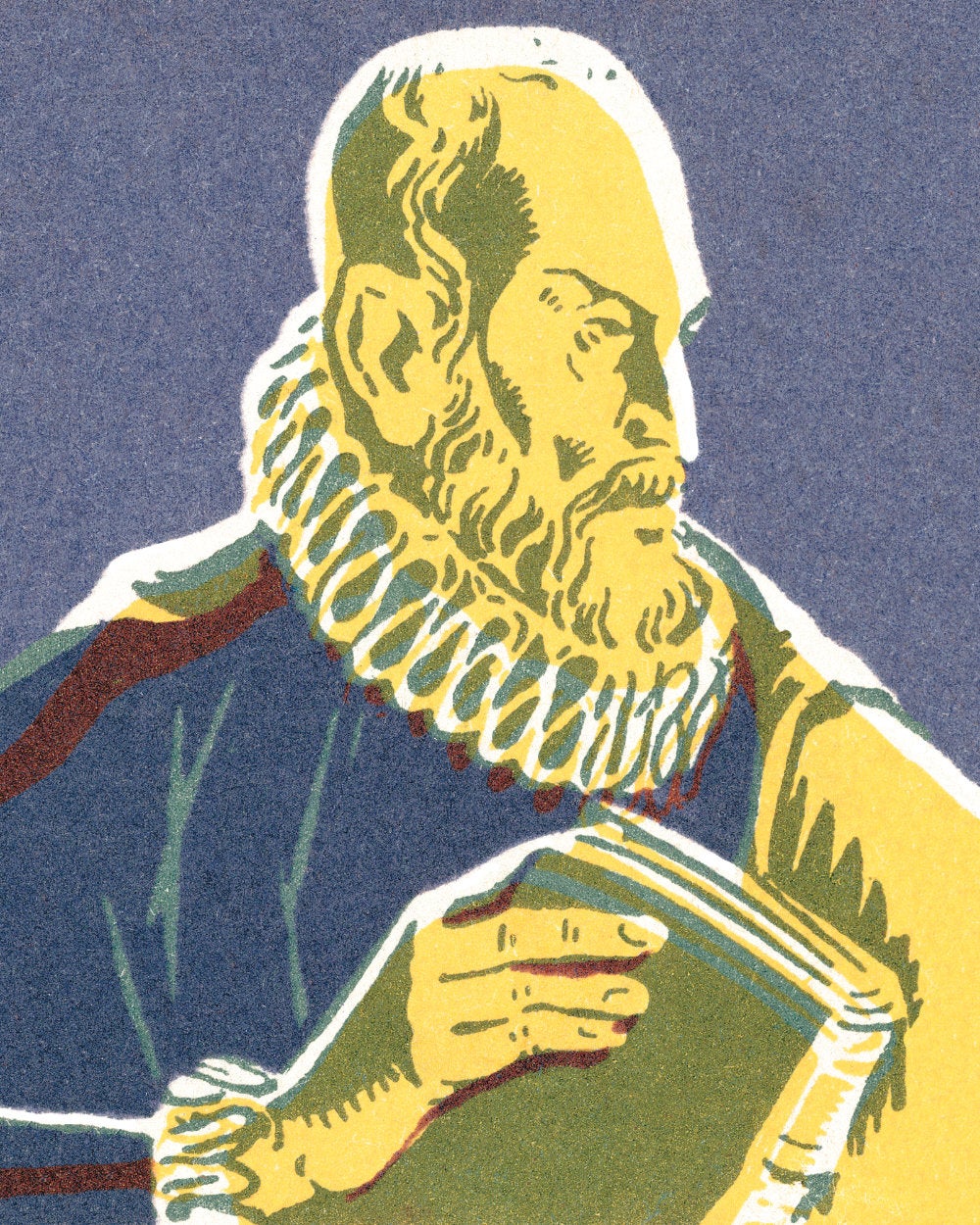What can the literary arts and the life of William Shakespeare teach us about how to survive—and even find opportunities—in the midst of a pandemic?

By Travis D. Williams
Would William Shakespeare have been “Shakespeare!” (cue the choir of angels) had he not written As You Like It, Hamlet, or The Tempest? It’s easy to confuse the ideal we know with the complicated historical person subject to “the slings and arrows of outrageous fortune,” not to mention ordinary daily risks. Elizabethan England was a dangerous place. Poor sanitation, rampant disease, food shortages, and the lack of an organized police force made life hard—survival was a minor miracle.
Several plague outbreaks fell upon England during Shakespeare’s 52 years (1564–1616). Like COVID-19, these pandemics were disruptive to commerce and entertainment. They engendered cultures of superstition and magical thinking. Large public gatherings, such as at public playhouses, were prohibited, but church services continued, since, they believed, the plague could not thrive in God’s house. But the Elizabethans couldn’t be charged with ignoring scientific reality since science as we know it didn’t exist yet.
What about the effects of plague on Shakespeare himself? He was at risk, since he resided in London. But he escaped an early death, retiring in about 1613 to Stratford, where he died peacefully. Plague closures limited Shakespeare’s income from his theater careers as poet, actor, company shareholder, and theater landlord. But even in that hardscrabble world, plague conditions created opportunities, and Shakespeare deployed his skills strategically in response to changing circumstances.
Shakespeare used language and thought to make a path for himself through the miseries of the plague and the resulting economic depression.
Theaters were closed for most of the plague outbreak of 1592–94. Shakespeare—an accomplished and promising poet, but not yet securely established in the theater world—used the closure as an opportunity to ingratiate himself with a noble patron. Patronage was a means for ambitious but socially hindered men to secure financial and professional stability. Shakespeare wrote the majority of the sonnets during the closure and also dedicated two long narrative poems to Henry Wriothesley, Earl of Southampton: Venus and Adonis and Lucrece. Both demonstrate the poet’s astonishing talent in the prestigious genre (playwriting was not considered respectable), and by dedicating them to an aristocratic patron, he appealed to upper-rank audiences, which he knew would be important if theaters did not sufficiently recover from plague closures.
Like some businesses today, there were small or unstable theater companies in the early 1590s that simply disappeared due to plague closures, while others combined; members sought secure places among the survivors. Two companies emerged dominant and stable: the Admiral’s Men and the Lord Chamberlain’s Men (later renamed the King’s Men). Shakespeare remained with the Chamberlain’s and King’s Men for the rest of his career. Though he could not have known it, the stability of this association allowed him to become the playwright we now know.
Starting in the mid-1590s, Shakespeare produced the characters of his great comedies: Rosalind and Orlando, Beatrice and Benedict, Portia and Shylock; and the titanic battles and personalities of the mature histories: Shrewsbury and Agincourt, Hal, Falstaff, and Hotspur. Then came the tragic period, from Julius Caesar through Hamlet, Othello, and Macbeth, to King Lear and Antony and Cleopatra. Finally, Shakespeare remade the genres of comedy and tragedy with the romance, giving us The Winter’s Tale and The Tempest.
Had Shakespeare abandoned his career in the early 1590s, he still would have been assured a place among the first rank of Elizabethan poets, but he would not have become the icon he is.
The word “poet” comes from the Greek “to make.” Shakespeare used language and thought to make a path for himself through the miseries of the plague and the resulting economic depression. Dexterity with thought and language can allow us to pivot as circumstances change. It helps us benefit from opportunities to create. We see it in Shakespeare, and it’s yet another lesson that literary art teaches us in our own time of peril. •
Travis D. Williams is associate professor and chair in URI’s Department of English and a specialist in Shakespeare and early modern literature.
Illustration: Getty Images
